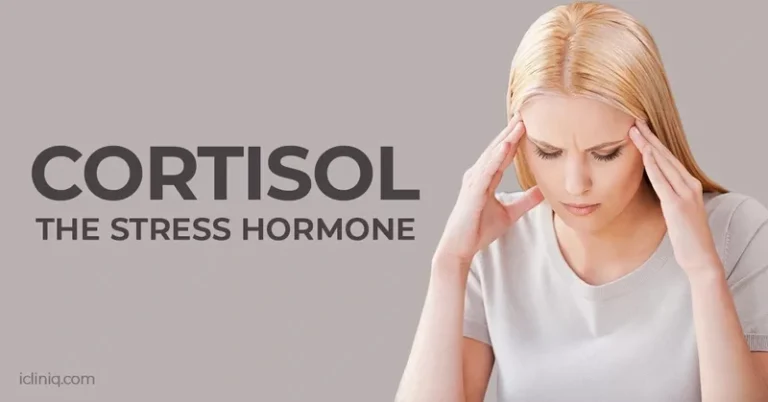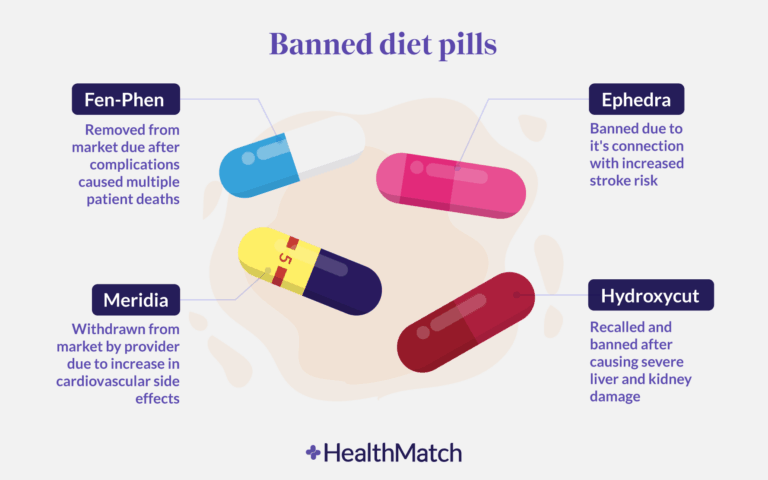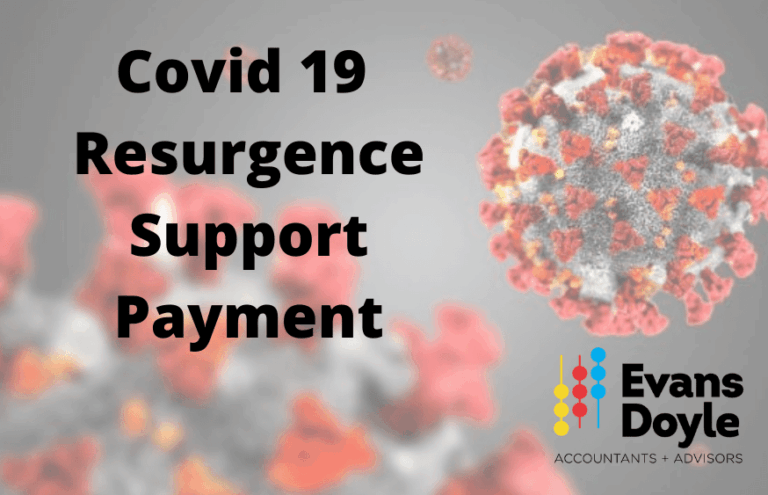Everything About Depression: Causes, Symptoms, and Treatments
Hello. I would like to talk about depression, which is one of the mental health issues many people experience in modern society. In this discussion, I aim to explore the causes, symptoms, and treatments of depression, hoping to provide some help to those who are suffering.

Understanding Depression: A Basic Definition
Depression is a mental health disorder that includes severe feelings of sadness, loss of interest, and lack of energy, affecting daily life. It is characterized by persistent and serious emotional distress, not just everyday stress, imposing a heavy burden on daily functioning.
Various Causes Leading to Depression
There are several causes of depression due to complex interactions, including genetic factors, environmental factors, physical problems, and chemical imbalances. Having a family history of depression may increase an individual’s risk, and environmental factors such as stress, loneliness, and poverty can also contribute to depression.
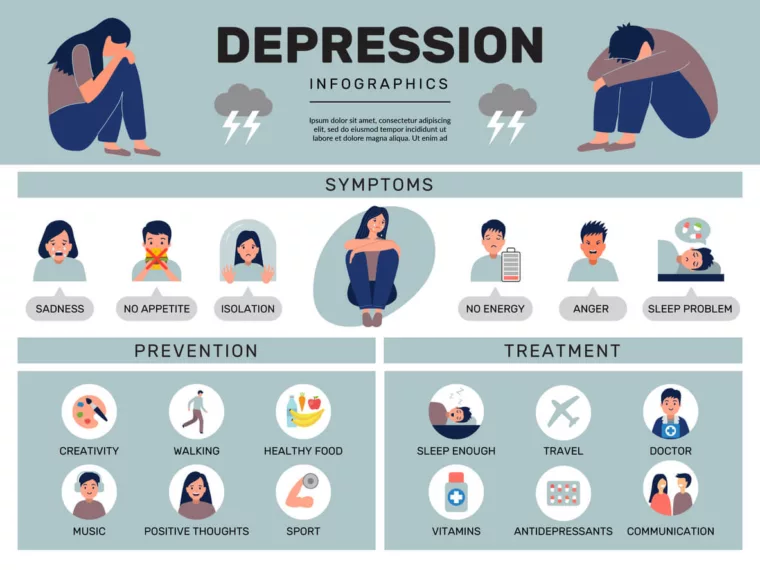
Identifying Major Symptoms and Signs of Depression
Depression shows various symptoms and signs, including a depressed mood, loss of interest, lack of energy, sleep disturbances, changes in appetite, and decreased cognitive function. Additionally, a decrease in social activities and an increase in suicidal thoughts and behaviors can also be signs. It’s important to seek professional help if these symptoms and signs persist or worsen.
Diagnosing Depression: Procedures and Necessary Tests
Diagnosing depression requires the help of a professional. Physicians or mental health professionals evaluate the patient’s symptoms and signs and may conduct psychological tests, physical exams, and blood tests to make an accurate diagnosis. A correct diagnosis plays a crucial role in determining treatment and management strategies.
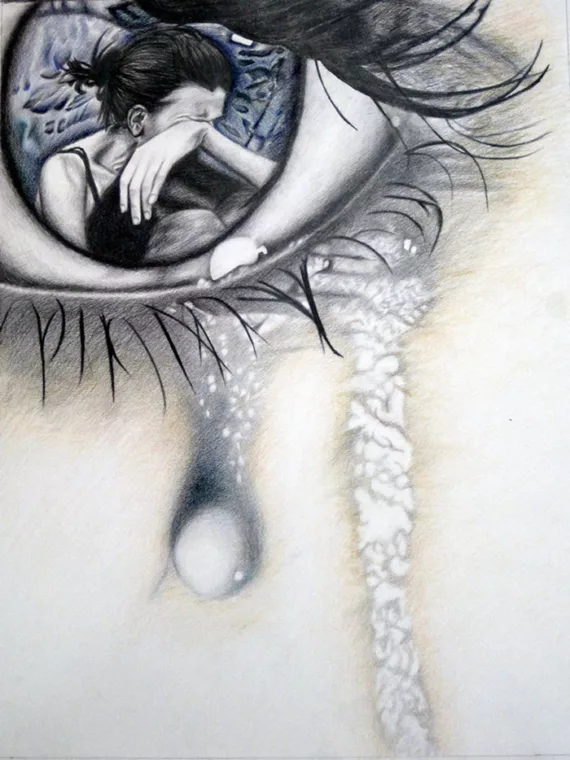
Analyzing Various Types and Characteristics of Depression
Depression can be divided into various types, including major depressive disorder, secondary depression, and adjustment disorders. Each type has different symptoms and characteristics, which can vary from person to person. Identifying the correct type and choosing an appropriate treatment and management strategy is essential.
Treatment of Depression: The Role of Medication
Medication therapy is effectively used in treating depression. Commonly used medications include antidepressants, anti-anxiety medications, and antipsychotics. Medication therapy helps alleviate depression symptoms by regulating the balance of neurotransmitters and aids in the patient’s functional recovery. However, it should be used under the guidance of a professional, with monitoring for side effects and positive effects.
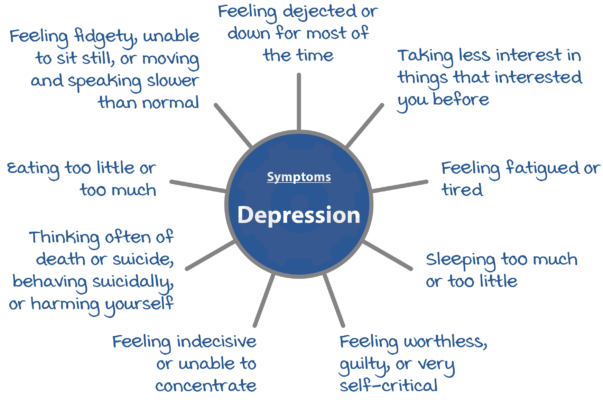
Psychotherapy and Counseling: Essential Approaches for Mental Health
Improvement Psychotherapy and counseling are essential in treating depression. Psychotherapy aims to change the patient’s thoughts and behaviors using techniques such as cognitive-behavioral therapy, cognitive restructuring, and interpersonal therapy. Counseling provides a space for patients to feel secure and supported, offering tools to share and resolve difficulties.
Management Strategies through Natural Healing and Lifestyle Changes
Natural healing and lifestyle changes are important in managing depression. Regular exercise, adequate rest and sleep, and healthy eating habits can help alleviate symptoms of depression. Stress management techniques like yoga, meditation, and forest bathing are also known as effective natural healing methods.
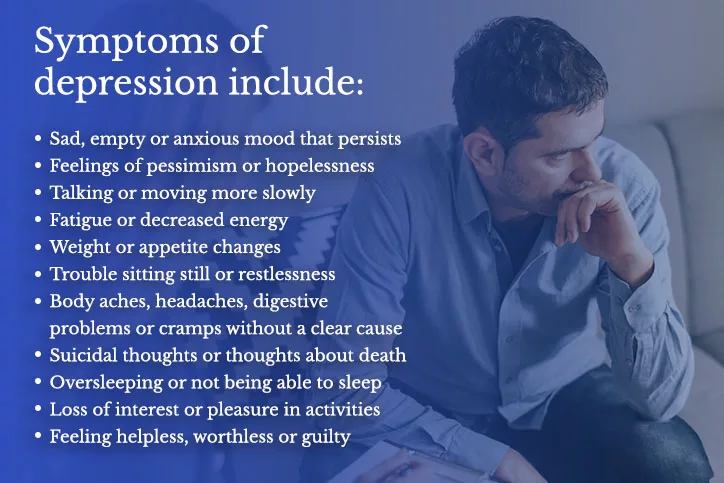
Preventing Relapse and Long-term Management of Depression
As depression can relapse, appropriate long-term management is necessary. Regular treatment, psychological support, and maintaining a healthy lifestyle are important. Monitoring changes in symptoms or medication effects is also needed. To prevent relapse, communication with loved ones and improving self-management skills are essential.
Misconceptions and Truths About Depression: Efforts to Improve Social
Perception Misconceptions and prejudices about depression still exist, which can negatively impact patients’ mental health treatment and recovery. Therefore, it’s necessary to provide accurate information about depression, develop public policies, and educational programs based on this information.
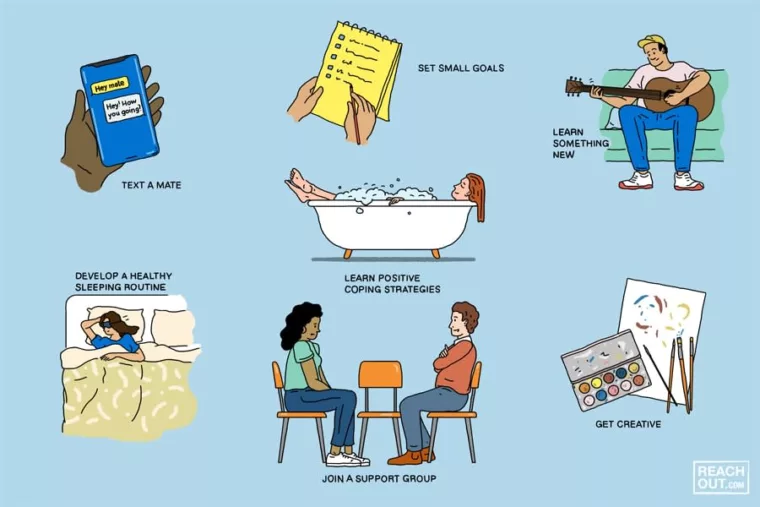
In conclusion, depression is a serious mental health issue that affects many people. Understanding, preventing, and treating it requires accurate information and support. I hope this article helps you, and I encourage you to seek professional help whenever necessary.
